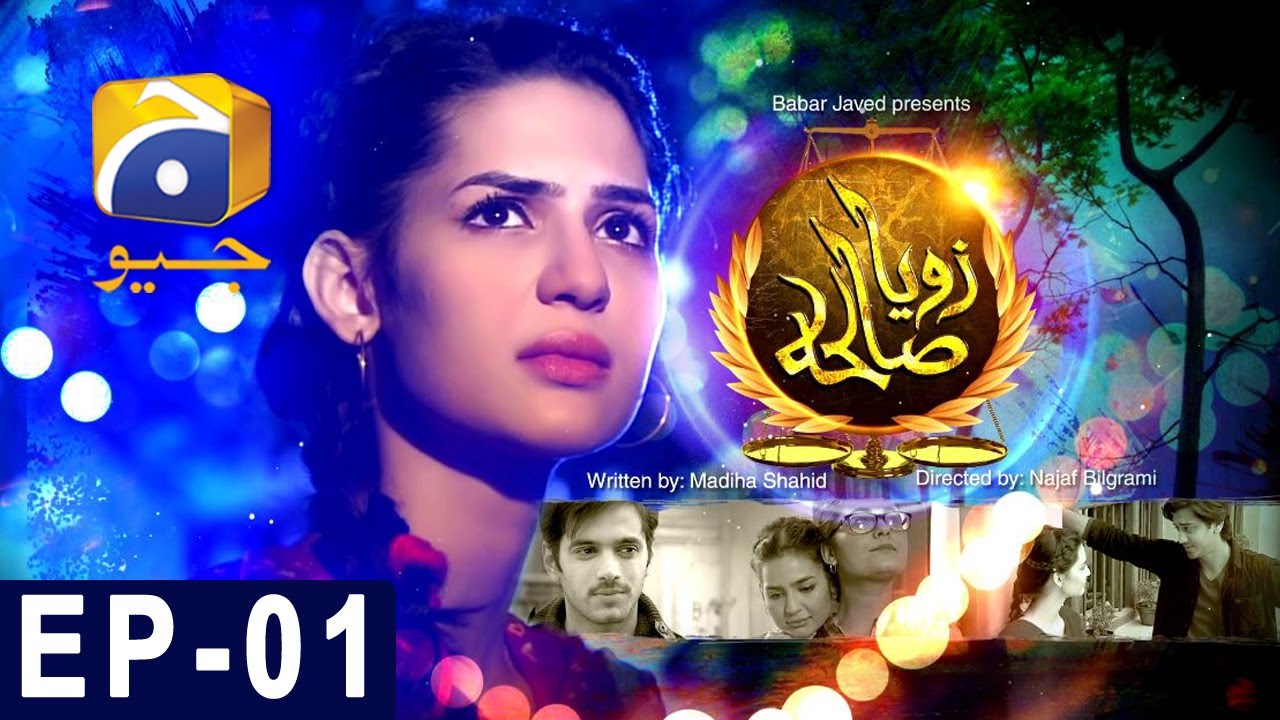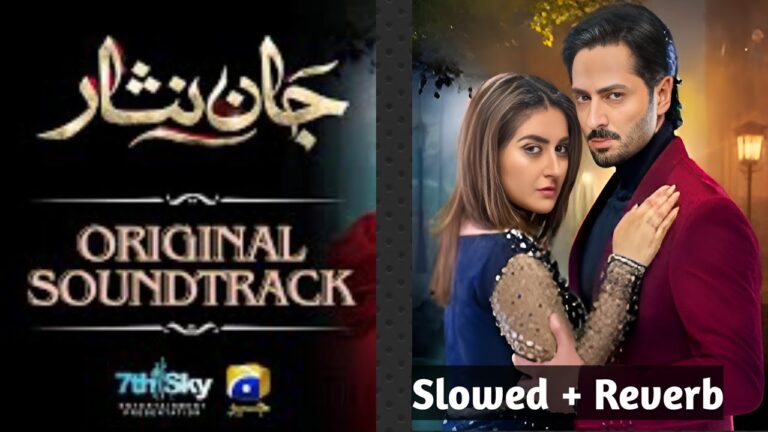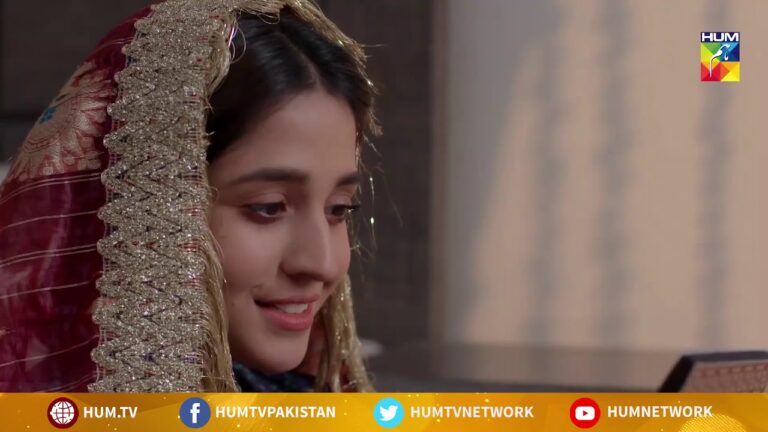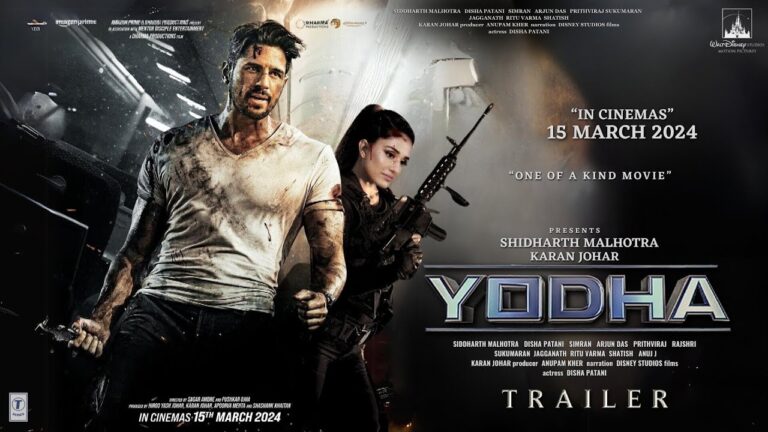Zoya Sawleha Drama Review: “Zoya Sawleha” (2017) is a Pakistani drama that tackles themes of social injustice, family dynamics, and a woman’s unwavering pursuit of her rights. The series follows Zoya (Madiha Imam), a strong-willed young woman who fights for her inheritance and challenges the oppressive behavior of her wicked uncle after the death of her father.
A Family Divided: Plot and Characters
Zoya and her sister Shehwar (Zarnish Khan) are forced to live with their manipulative and greedy uncle (Wahaj Ali) after their father passes away. Their deceased father’s mansion rightfully belongs to them, but their uncle refuses to relinquish control.
Zoya, fueled by a desire for justice and a promise to her mother, decides to pursue a law degree. She encounters Faris (Azfar Rehman), a kind-hearted lawyer who becomes her confidante and potential love interest. However, their budding relationship faces challenges due to societal expectations and family interference.
The supporting characters add depth to the narrative. Shehwar, initially hesitant to confront their uncle, gradually finds her voice with Zoya’s support. Faris provides unwavering support for Zoya’s ambitions, and their dynamic offers a glimpse of a healthy and supportive relationship. The uncle and his family, on the other hand, represent the forces of greed and societal pressures.
Beyond Inheritance: Themes and Symbolism
“Zoya Sawleha” tackles the important theme of women’s empowerment. Zoya’s determination to pursue her education and fight for her rights serves as an inspiration for viewers facing similar challenges. The drama highlights the importance of education in empowering women to challenge societal norms and fight for their rightful place.
Social injustice is another central theme. The series portrays the struggle of those who are denied their rightful inheritance or property due to societal biases and power imbalances. Zoya’s fight against her uncle becomes a symbolic battle against a corrupt system that favors powerful men over women.
The law serves as a symbol of hope and justice throughout the series. Zoya’s pursuit of a law degree signifies her belief in the legal system’s ability to uphold fairness. The courtroom scenes add a layer of suspense and highlight the challenges of seeking justice in a complex social environment.
A Blend of Social Commentary and Romance: Style and Techniques
“Zoya Sawleha” utilizes a melodramatic style, common in many Pakistani dramas. The emotional conflicts between characters are heightened, and the narrative emphasizes dramatic confrontations. This style might not appeal to all viewers, but it effectively conveys the emotional weight of Zoya’s struggles.
The series incorporates flashbacks to depict Zoya’s happy life before her father’s death and the events that shaped her strong personality. These flashbacks add depth to her character and her motivations.
The soundtrack features a blend of traditional and modern Pakistani music that complements the emotional tone of the narrative. Uplifting music underscores moments of triumph, while melancholic tunes enhance scenes of sadness and despair.
Critical Reception and Legacy
“Zoya Sawleha” received mixed reviews. While praised for its strong female lead and its message of empowerment, some viewers found the plot predictable and the melodrama excessive.
A Reflection of Social Realities
Despite its limitations, “Zoya Sawleha” sparks conversations about social issues faced by women in Pakistani society. The drama’s enduring legacy lies in its ability to inspire viewers to fight for their rights and challenge the status quo.
A Story of Perseverance: Conclusion
“Zoya Sawleha” is a compelling drama that tackles social injustices and celebrates female resilience. With its strong lead character, its exploration of relevant themes, and its blend of social commentary and romance, the series offers a glimpse into the realities faced by women in Pakistani society. While the melodrama might not resonate with all viewers, the message of empowerment and the fight for justice remain powerful and timeless.










+ There are no comments
Add yours